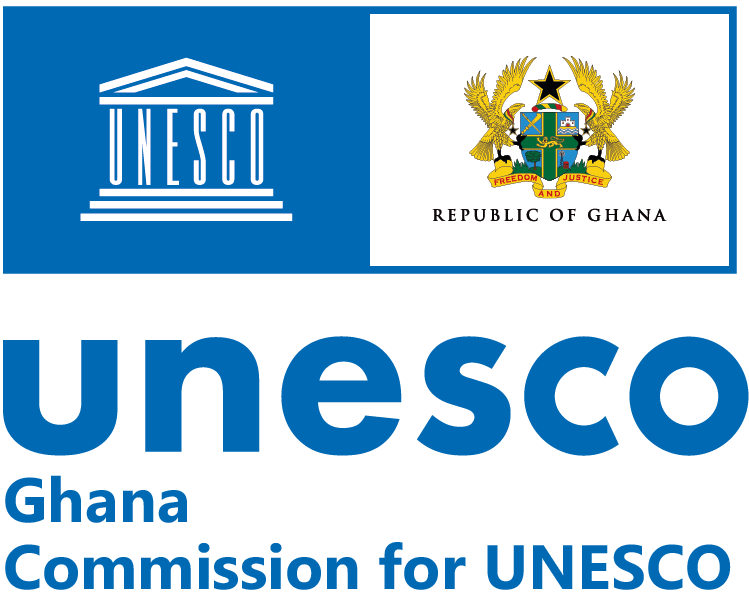UNESCO Associated Schools and UNESCO Clubs
Founded in 1953, UNESCO’s Associated Schools Project Network (ASPnet) and Clubs, commonly referred to as UNESCO Associated Schools and UNESCO Clubs, are a global network of some 8000 educational institutions in 177 countries (ranging from pre-schools and primary to secondary schools, teacher training and tertiary institutions), who work in support of quality education in practice.
Background
The main purpose of UNESCO, according to its Constitution, is to contribute to peace and security by promoting the collaboration of nations through education, science and culture, in order to further universal respect for justice, the rule of law, human rights and fundamental freedoms for the peoples of the world, regardless of race, sex, language or religion. One of the basic aims of the Organization has always been the promotion of peace and international co-operation through education. After its foundation in 1946, educators working with UNESCO produced an impressive number of new ideas and suggestions concerning the education of young people for international understanding.
Associated Schools and Clubs commit to promoting the ideals of UNESCO by conducting pilot projects in favour of better preparing children and young people to meet effectively the challenges of an increasingly complex and interdependent world. Teachers and students have many opportunities to work together beyond their classrooms to develop innovative educational approaches, methods and materials from local to global levels through this initiative.
Goals
ASPnet and Clubs conducts its activities at the global level and its goals can be summarized as follows:
At the national level:
National Commissions for UNESCO and Ministries of Education establish a network of schools and clubs interested in carrying out activities and in order to improve quality education, particularly its ethical, cultural and international dimensions by developing effective teaching approaches, methods and materials. This network is designed to have a multiplier effect through the diffusion of information on results obtained so that other schools in the country can carry out similar activities. There are numerous cases where ASPnet and Clubs contributes to educational reform and renewal in various Member States of UNESCO.
At the regional level:
Countries within a region often share common denominators such as language, religion and culture. To strengthen these bonds, each region of the world is encouraged to set up an educational Plan of Action, to include regional seminars and workshops for National Co-ordinators and teachers, student and teacher exchanges, and other initiatives and events, most notably “Flagship projects”.
At international level:
Efforts are made to facilitate an exchange of information on ASPnet and Clubs at all levels, the conduct of international flagship projects, special events, campaigns, contests and to encourage contacts and links of solidarity between participating institutions.
